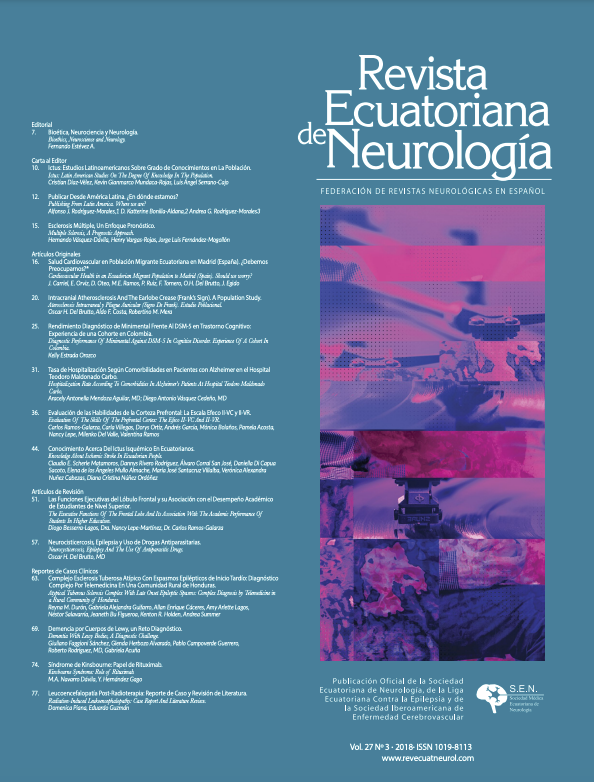Abstract
Cysticidal drugs have been used for more than three decades. However, its efficacy has been questioned on the assumption that cysts would die spontaneously, and thus, inflammatory reactions related to therapy are unnecessary. In addition, isolated reports have also questioned whether neurocysticercosis (NCC) causes epilepsy. A large body of evidence is currently available and little – if any – doubt exists on NCC as a cause of unprovoked seizures. NCC is consistently associated with seizures when suitable groups are compared, and in a sizable subset of patients, the semiology of seizures correlates with the anatomical location of parasites. Cyst degeneration and the subsequent inflammatory reaction related to therapy may transiently increase seizure expression, and this can be anticipated and managed with the additional use of corticosteroids. Several controlled trial support the concept that cysticidal drug efficacy, safety, and the impact of cyst destruction in decreasing seizures largely overcome the potential risks of therapy, and have provided evidence of the role of NCC as a cause of r ecurrent unprovoked seizures (epilepsy).

